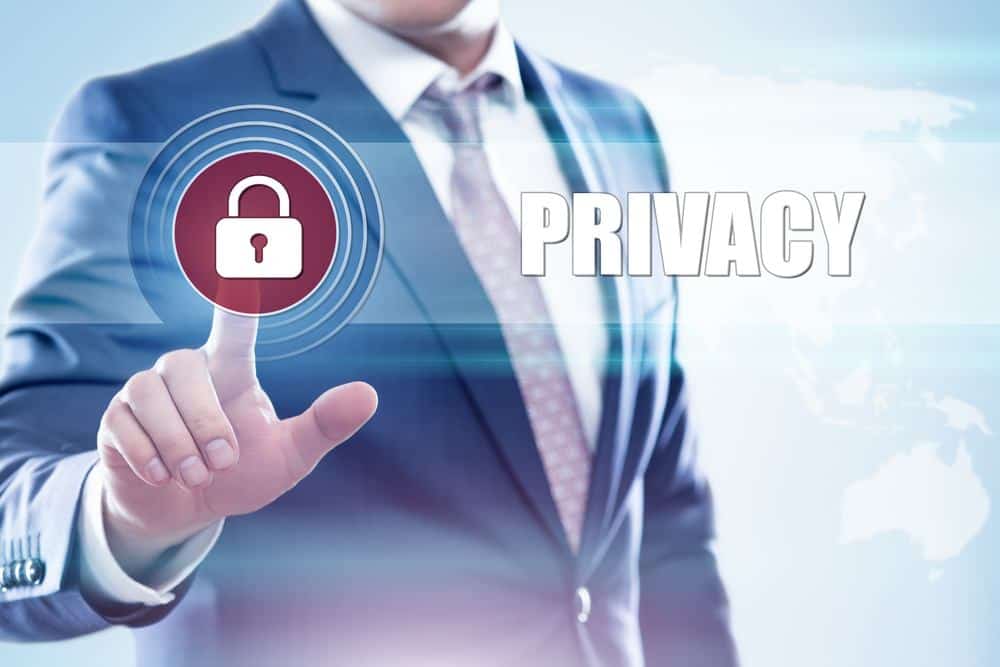Identity hiding

Nowadays the internet is powerful and it is everywhere. Almost every step we make, one way or another, crosses its path with the internet. Lots of people have their accounts on Facebook, WhatsApp, Twitter, Instagram, Skype, Google+ and the like. We probably don’t even realize how much information is stored online. I mean the scope of data transferred: all the user names, passwords, messages, pictures, documents, codes etc. Maybe Big Brother is watching and you might not even know it. It sure seems that something should be done to secure this data.
One of the best ways to do that is to use a VPN. Anonymous web browsing is guaranteed by Virtual Private Networks. They make you feel safe. They let you be invisible online. When you travel or just not at home, there are free and open Wi-Fi hotspots that can help you out! These hotspots are literally everywhere. And we gladly use them to connect to our web accounts. Though we might not realize all the potential risks that we can be exposed to. I am not talking about just device threats, but also about the harm that it may cause to your private information.
Connecting to public networks makes us vulnerable to many things. They don’t encrypt network traffic. Thus, it can be cracked. People say that security through obscurity is no security at all. And they are kind of right. Public Wi-Fi networks can put our personal information into the hands of hackers.
Consider installing one of the VPN apps if you would like to make sure that all of your browsing traffic is encrypted. A VPN is a medium between your device and the internet. It is so, because only after your personal data passes through the VPN server and gets encrypted, only then it reaches the web. Thus, your traffic cannot be intercepted by third parties. Encryption protocols are almost impossible to be hacked. This encryption technique makes a VPN an essential tool to use when logging on to open wireless networks offered at cinemas, cafés, shops, hotels, airports and other public places.
Most people do online banking transactions once in a while. For security purposes, you should do this only when you are connected to a safe and trusted internet connection. But what to do when you aren’t? Well, a VPN service can provide you with a secure traffic with its encryption standards (128-bit, 256-bit, 1024-bit and 2056-bit) and tunneling protocols. Thanks to this, you can be sure that all your account information is safe. The connection between your computer and the VPN server is encrypted. By using such tool, you can be more careful using online banking transactions. So, it keeps your online activity anonymous and private by hiding your IP. The battle for data security in an online world is still ongoing. Let’s fight it together with a strong tool like VPN.